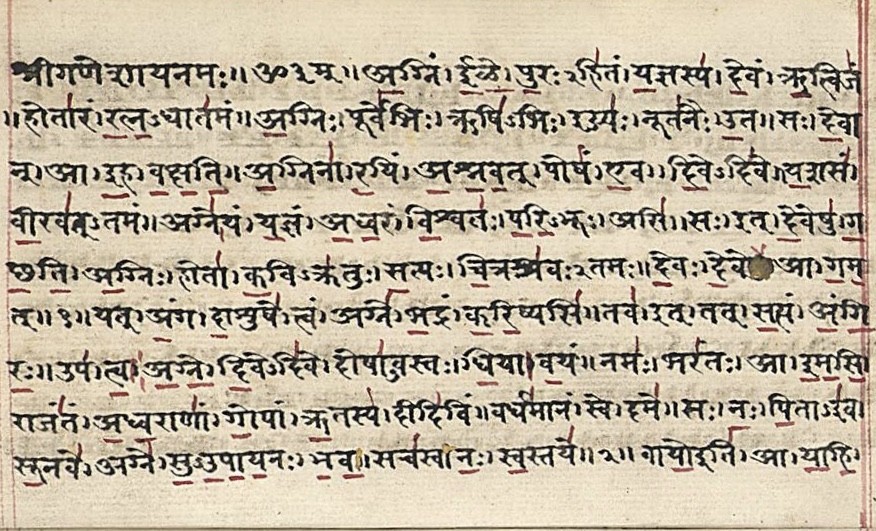How the hell Afghanistan can ever have any sort of connection with the oldest known & most sacred book of Hinduism?
Let me narrate you a small story:-
Around late 1980's, a cultural delegation visited Afghanistan and wanted to meet the then President, Mohammad Najibullah. His office gave only half hour to meet him. When the delegation actually met him, the meeting nearly lasted for more than two hours. The President started talking about Saptasindhu region, Rugved and authoritatively told the delegation that the Yusufzai Pathan's composed the Rugved. The name Yusufzai literally means "descendants of Yusuf" which is God in Pashto language.
The few members of the delegation were themselves unaware about this part of the history and were extremely surprised that the president was aware about something which had occurred many thousand years ago.
Now if the members of the cultural delegation were unaware of this history, the common Indians would be totally oblivious of this aspect. It is to be noted that the Philological and linguistic evidence indicates that the bulk of the Rugved Samhita was composed in the Northwestern region of Punjab (now shared by Afghanistan and Pakistan), most likely between 1500 and 1200 BC. The region is also known as land of Sapta Sindhu (सप्तसिंधू). The seven sacred rivers in Indian mythology, often referred to in Rugved, comprised of river Saraswati, Indus (Sindhu) and five tributaries of Indus viz. Shatadru (Sutlej), Parusni (Raavi), Asikni (Chenab), Vitasta (Jhelum) and Vipas (Beas).

वेद हे अपौरुषेय आहे. ते स्फुरले. Not composed as such by anyone आणि ते व्यासांनी संकलित केले, segregate, subdivide केले हे जरी बरोबर असले तरी भूखंड तो होता. हे लिहिण्याचा उद्देश एवढाच होता की अफगाणी लोकं कसा विचार करतात. त्यांनी लिहिले असे माझे म्हणणे नाही.
This goes to prove that religion and culture for this entire region was same for many centuries and got drifted apart with the passage of time.
Yeshwant Marathe
yeshwant.marathe@gmail.com
#Afganistan #Pakistan #India #Rigved #Sindhu #Saraswati

